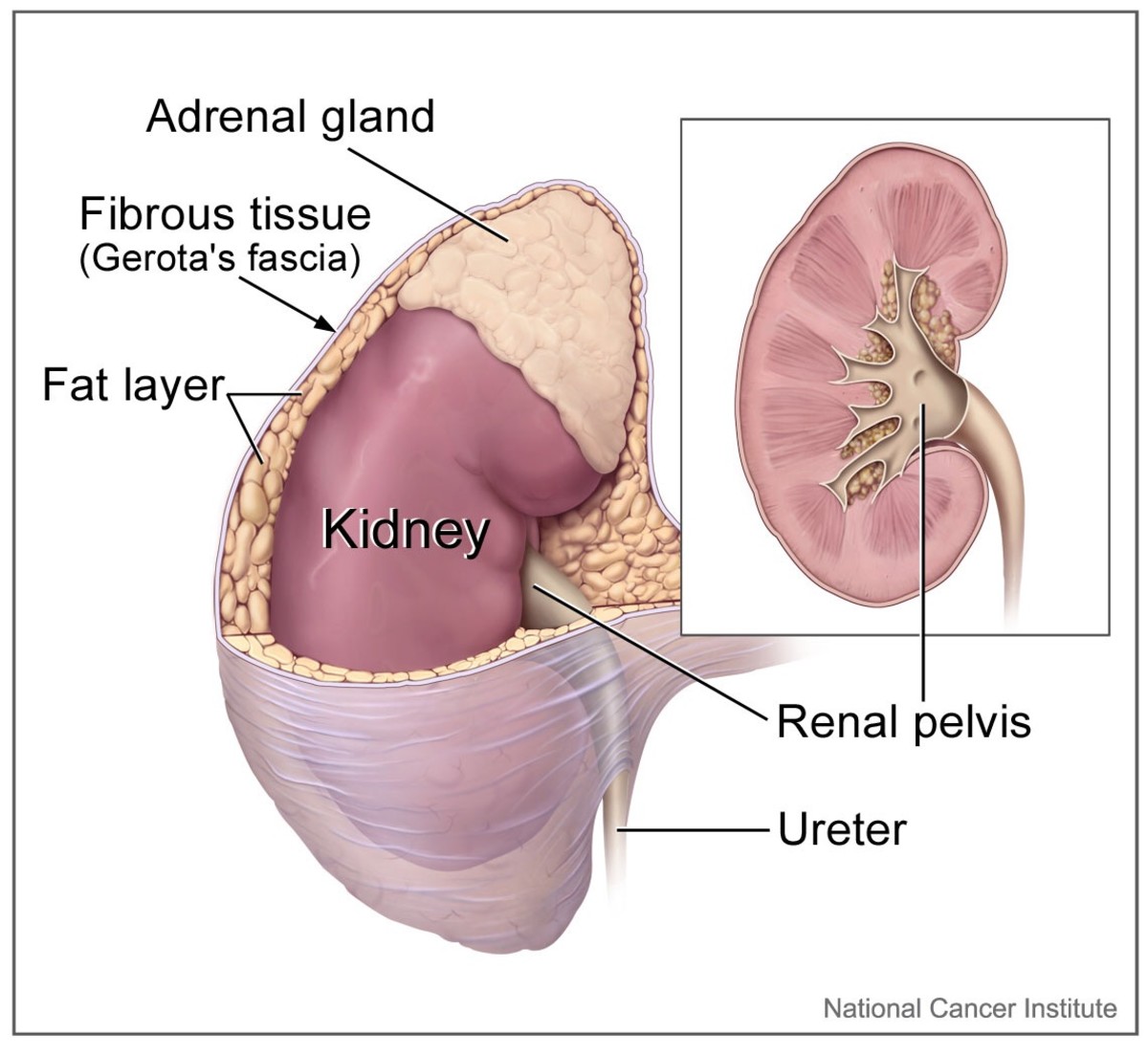Hyponatremia: A Dysfunction Not an Illness
What is Your Salt Habit?
Not many people would accede to the health benefits of salt or sodium in the body. The chemical notation for sodium is Na. When combined with chloride (Cl), the resulting substance is what we all know as our table salt (NaCl).
"Eat less salt and you will lower your blood pressure and live a longer, healthier life.” A popular quote from Gary Taubes, 1998, the American author whose interests have more recently turned to medicine and nutrition.
Restrictions on salt intake has been advocated or endorsed all these years, without legitimate awareness on the fact that a low-salt diet may cause serious health consequences and higher overall mortality, especially in the presence of certain chronic health conditions and lifestyle factors. While salt-induced hypertension is typically blamed as a cause of heart disease, a low salt intake is associated with higher mortality from cardiovascular events.
Hyponatremia is a condition that occurs when the level of sodium in our blood is abnormally low. Sodium is an electrolyte, and it helps regulate the amount of water that's in and around our cells. Hyponatremia has sometimes been referred to as "water intoxication," especially when it is due to the consumption of excess water, for example during strenuous exercise, without adequate replacement of sodium. Essential for many body functions is sodium, including the maintenance of fluid balance, regulation of blood pressure, and normal function of the nervous system.
Medical conditions that can sometimes be associated with hyponatremia are adrenal insufficiency, hypothyroidism, and cirrhosis of the liver.
A Medical Complication
Bret Michaels, the lead singer in the glam-metal band Poison, whose hits include “Talk Dirty to Me” and “Every Rose Has Its Thorn” has experienced a medical complication, a condition known as Hyponatremia.
In 2007 Michaels emerged as a reality TV star on VH1’s Rock of Love, following up in 2010 with Bret Michaels: Life As I Know It. Michaels also won The Celebrity Apprentice (2010). If the condition had gone undetected, however, Michaels could have been at risk of such serious side effects as seizures, brain swelling and neurological decline. "Some of these side effects can be permanent," Dr. Vivek Deshmukh, director of cerebrovascular and endovascular neurosurgery at George Washington University in Washington, D.C. said.

Water Intoxication
Although water is essential to life, when a person drinks too much their blood becomes dangerously diluted of salts. According to Scientific American, this causes a condition called Hyponatremia, and severe cases of Hyponatremia lead to water intoxication. Some of the main symptoms of water intoxication are headache, fatigue, nausea, vomiting, frequent urination, and mental disorientation.
How much water does it take to kill a person?
It takes about 6 liters of water to kill a 165-pound person. Death by water, or water intoxication as it’s officially known, happens quite a lot. It’s common among young people who challenge themselves to “water drinking contests,” or athletes who mistakingly over-hydrate while training, Scientific American reported.
It's been called Water Intoxication because it can happen when poorly trained weekend warriors-athletes drink too much water during an athletic event. Several people have died from exactly those circumstances. But hyponatremia can also occur during treatments for diseases or for other reasons. And when it does it can be a life-threatening situation. If the sodium levels in the blood drop too low the brain can swell which leads to coma and sometimes death.
''There are no reported cases of dehydration causing death in the history of world running,'' Dr. Lewis G. Maharam, the medical director for the New York City Marathon said. ''But there are plenty of cases of people dying of hyponatremia.''
Let's take the case of Mark Robinson, 27-year-old computer programmer from West Roxbury, Massachusetts. He was a marathon runner in the 2004 Boston Marathon and sees his story as a cautionary tale. His near-death from hyponatremia is a certain message for healthy people running marathons and dying.

Mark Robinson
It was April 19, the race was on for the 2004 Boston Marathon. It was Robinson's first marathon. He had been training for six months, and he wanted to run it in four hours or less. "I sweat a lot," he said. Temperature was projected to reach nearly 90 degrees. With weather like that, he worried he might become dehydrated so he tried to make sure he drank enough.
"I drank more than a gallon of water before the race, and then at every rest stop, I would stop and have a couple of drinks of water," he said. Mile 19 was when he suddenly felt nauseous and his legs began to cramp. His parents met him at the finish line, bringing water. He drank two quarts, but he felt worse than ever. Not only was he vomiting and having diarrhea, but felt spacey, out of it, almost like he was on drugs. "I knew something really, really wasn't right. It was like a feeling of impending doom," Robinson said.
Dr. Paul Thompson, a cardiologist, a marathon runner and a director of the Athletes' Heart program at Hartford Hospital, said: "Everyone's been told to drink water, drink water, drink water. Water companies want you to drink water like a fish. Then you dilute your blood and your brain starts to swell."
No one knows how many have died, said Dr. Arthur Siegel, the chief of internal medicine at McLean Hospital in Belmont, Mass., and the designated hyponatremia team leader for recent Boston Marathons. But he said that perhaps a dozen hyponatremia deaths had been recognized, according to informal communications among doctors at recent marathons.
On Mark Robinson, he ended up in a coma, on life support, and woke up four days later. His problem? Hyponatremia - poisoned by drinking too much water.
For the first time, the participant handbook for runners in the Nov. 6 New York City Marathon tells them how much to drink - no more than eight ounces of water every 20 minutes.








